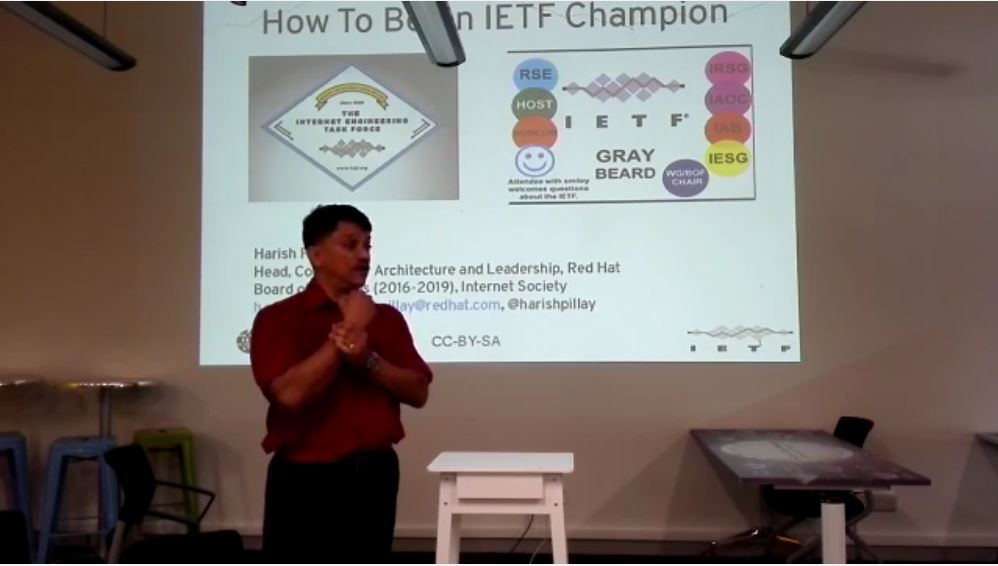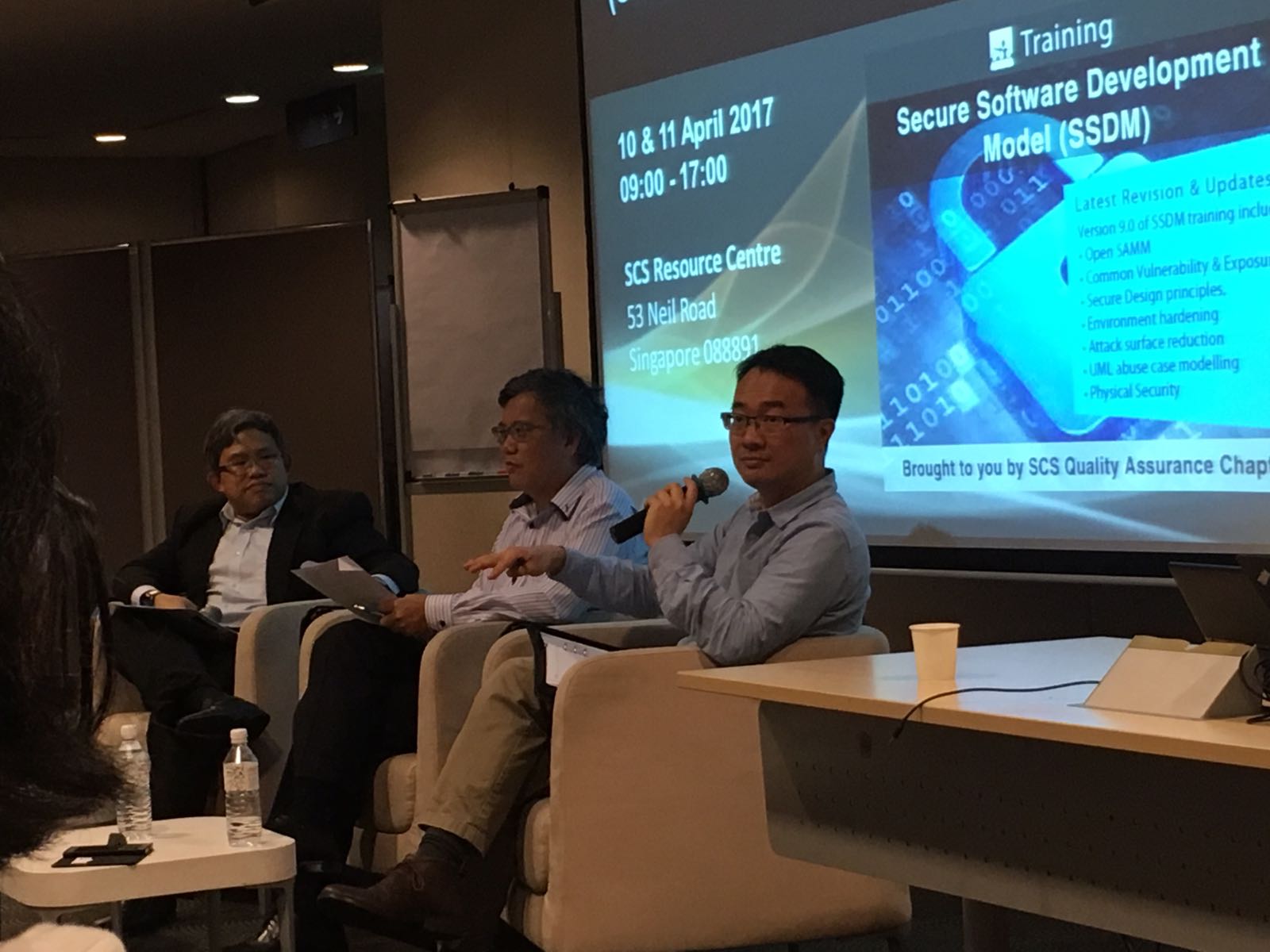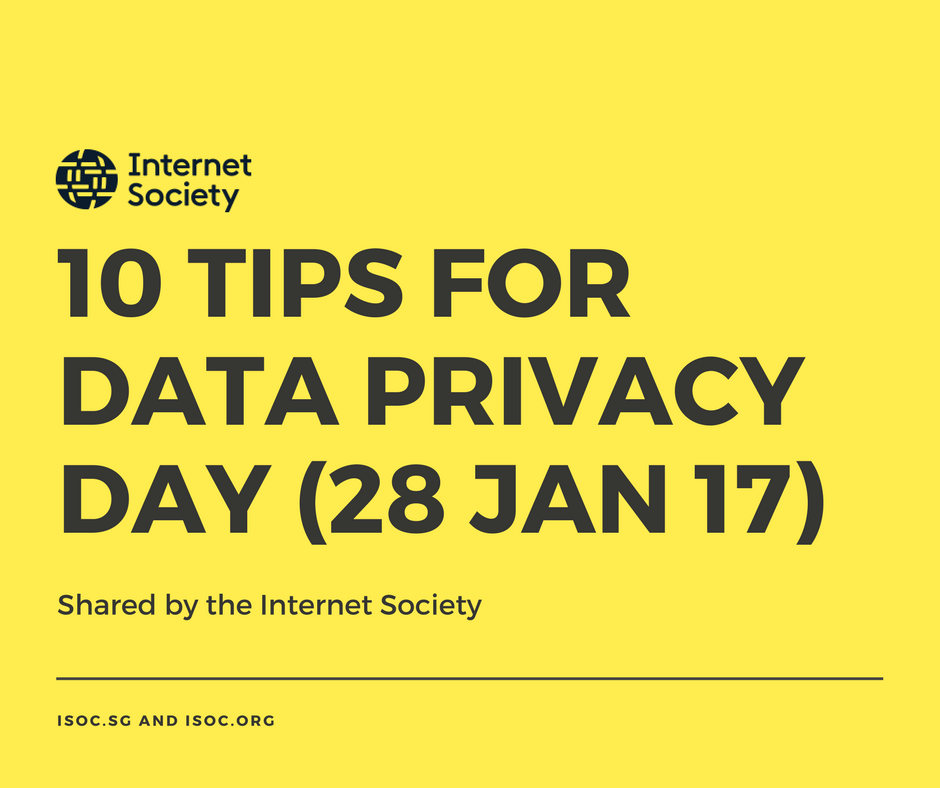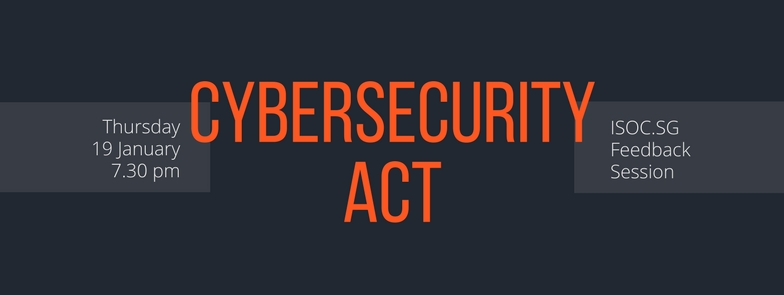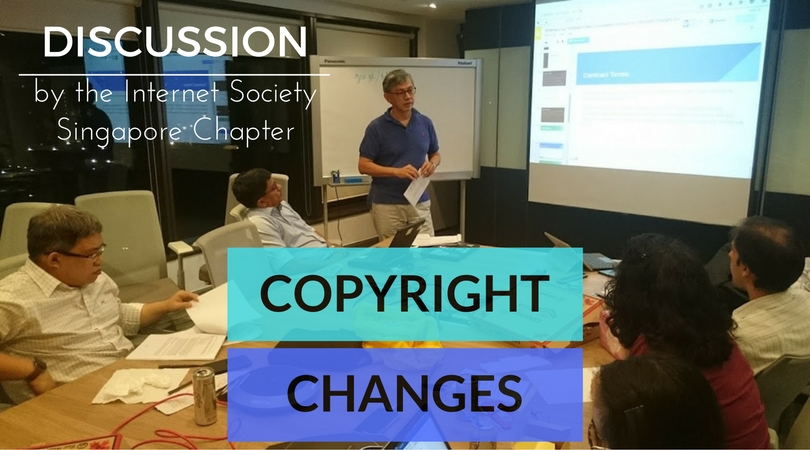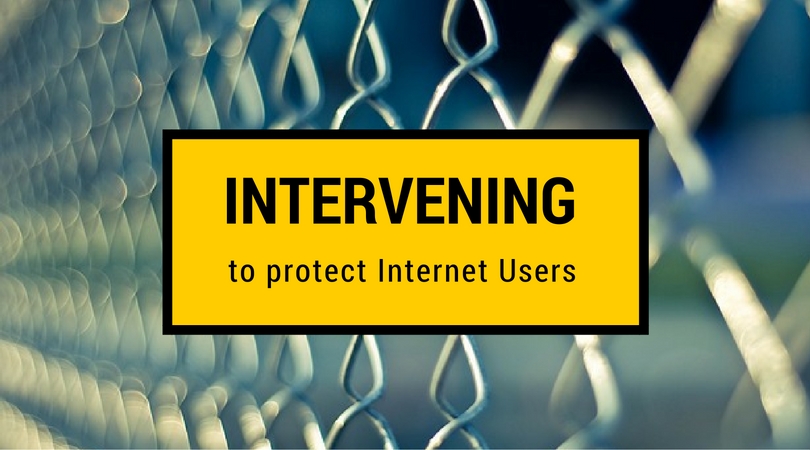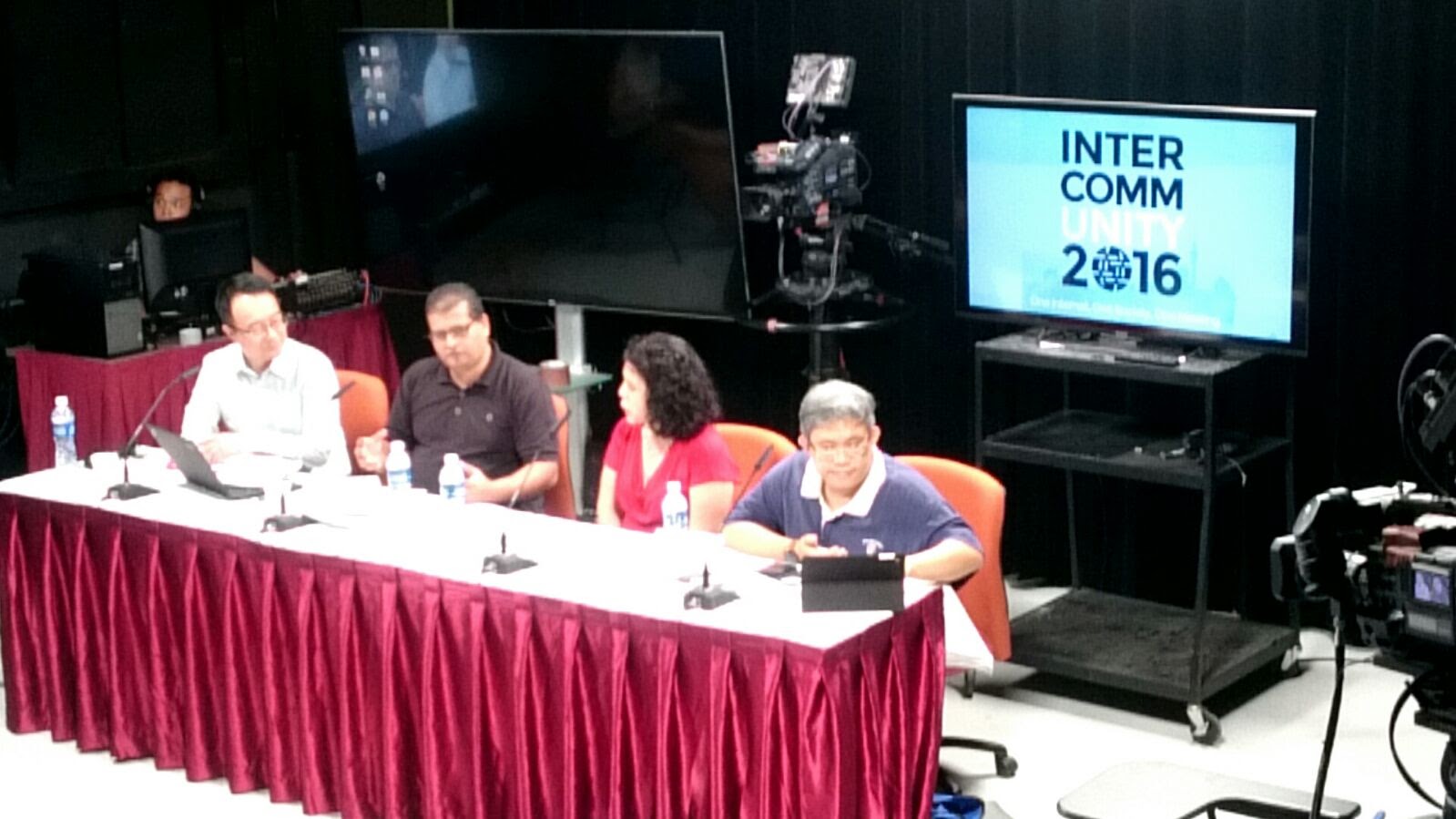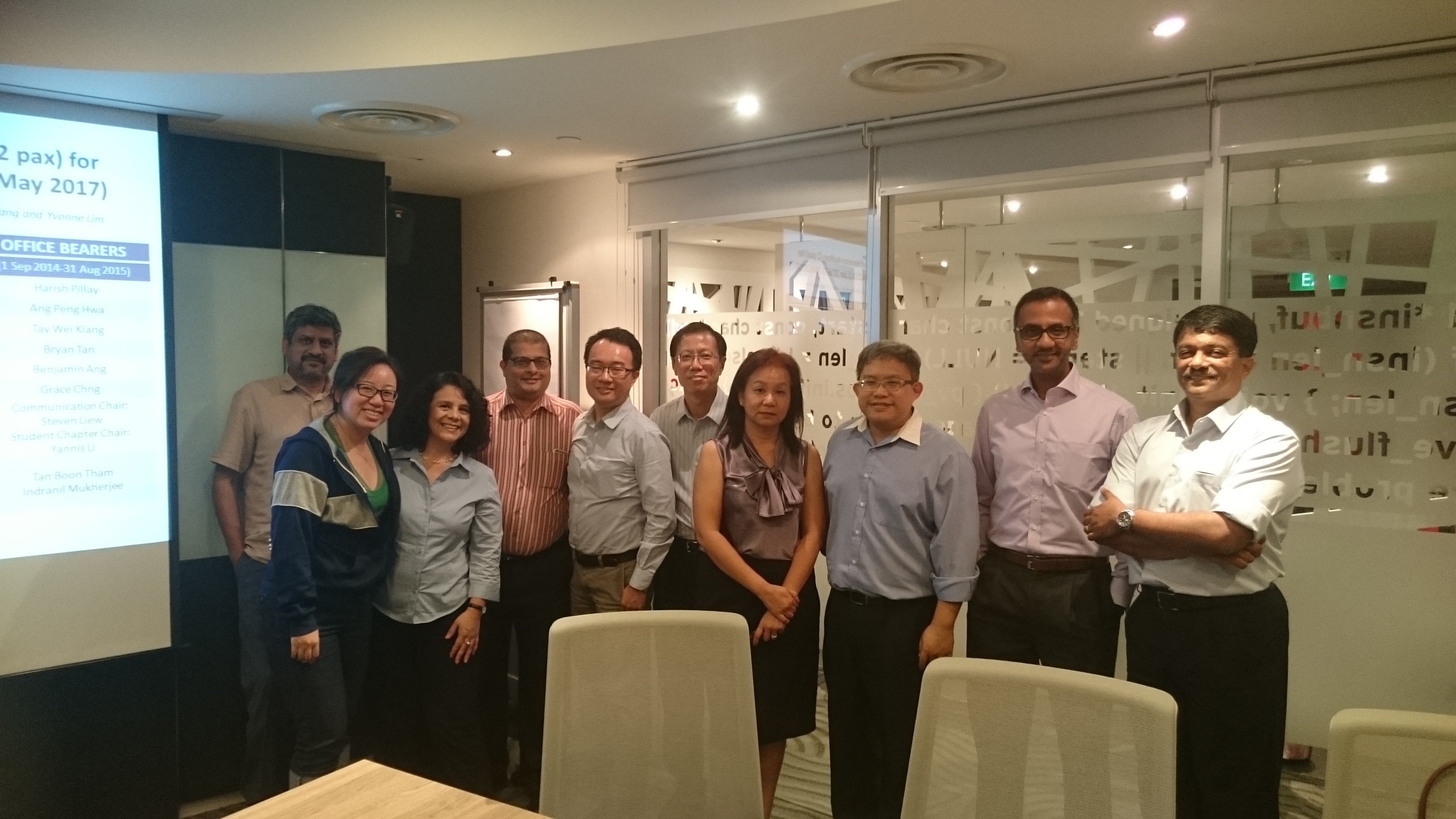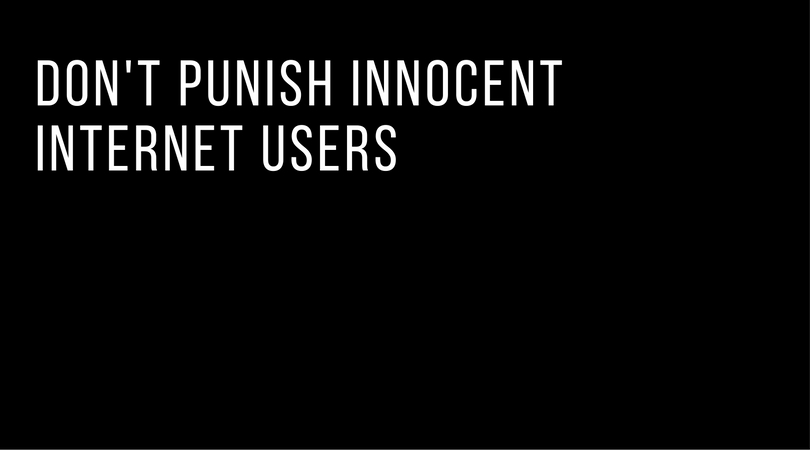We were at the Wee Kim Wee School of Communication and Information, NTU, on Wednesday 21 September between 12 noon to 6 pm, to discuss the challenges of Restoring and Building Trust in the Internet with the international Internet Society community.
Some members also watched us streaming on Facebook Live at https://www.facebook.com/ISOCsg/
Photos and Video

Scenes from Internet Society chapters all over the Asia Pacific
First video
https://www.facebook.com/ISOCsg/videos/621522684639147/
Second video
https://www.facebook.com/ISOCsg/videos/621533937971355/
Announcement of the event
What are the challenges in Restoring and Building Trust in the Internet? Join us at InterCommunity 2016 to learn and share.
InterCommunity 2016 will be a hybrid (physical and virtual) meeting of the Internet Society community, harnessing and exemplifying the use of the global Internet to bring people together to interact and engage around a set of important topics. Internet Society Singapore Chapter will be hosting an Interactive Node at NTU where you will have full audio/video interactivity with the other interactive nodes around the world
Where: Small Studio (#B1-05)
Wee Kim Wee School of Communication and Information
Nanyang Technological University
31 Nanyang Link
Singapore 637718
When: Wednesday 21 Sep 2016, 12.30pm – 6.00pm
Registration starts at 12pm.
Admission is FREE but you must PRE-REGISTER at this link

Schedule
Local discussion PRIOR to the Intra-Regional Session
Start Time: 4.30 UTC
End Time: 5.30 UTC
These local discussions will invite chapter leaders, members and node attendees to organize focused debate between themselves. These deliberations will be built around questions, which will be provided to each node (based on node topic). Each node will be supplied a set of questions by ISOC APAC which would be addressed during the local discussion.
How best to format the local discussion will be decided by each node, and this will be discussed and agreed to with them in advance of the day. The node will require a local scribe to take notes of important points raised during the local discussion. The summary of this conversation will serve as a guide and starting point for the Intra-Regional Session. The node has to identify a moderator / speaker who will present this summary.
The local discussion will stop at 5.30 UTC, each node will have a break of 30 minutes – and prepare itself (mainly technically) for the Intra-Regional session.
The Intra-Regional Session
Start Time: 6.00 UTC
End Time: 7.45 UTC
Each Node will join the Intra-Regional Session via a zoom link that will enable full audio/video interactivity with the other nodes. Zoom details will be provided to each node.
Building on local discussions, and the set of questions that will be provided to each node, this session will involve a moderated panel discussion between all regional nodes. Each node will arrange two local discussants/experts (based on node topic), one moderator who will direct and guide the local panel discussion and one co-moderator who will facilitate questions from local participants. Questions and comments should be limited to 60 seconds in order to allow fair participation. This should be made known to the community before the opening of the Q&A. In addition, there will be an Inter-regional moderator (ISOC staff) who will introduce the proceedings, keep the discussions on time and facilitate the intraregional
conversation.
For Social media channels and online participants, ISOC APAC will appoint 4 online curators, who will monitor social media as well as zoom chat to consolidate key questions from online participants / social media. These questions will be passed on to the Inter-regional moderator, who will address the questions to the relevant local node(s).
Like in previous session, all nodes will have a scribe who will capture the content of the conversation in writing or visual format.
The session will stop at 7.40 UTC, each node will have a break of 20 minutes- and prepare itself (mainly technically) for the Global session.
Important: Interactive nodes should have a final list of Discussants/experts,
Moderators, Co-Moderator and Scribe no later than September 14 and submit them
to ISOC APAC so that the Intra-regional moderator has this list in advance.
The Global Session
Start Time: 8.00 UTC
End Time: 10.00 UTC
Interactive Nodes
Each Interactive Node will join Global Session via a zoom link that will enable full audio/video interactivity with the other interactive nodes. One of the 5 Interactive nodes will serve as host node. This node will have the Global session moderator who will facilitate and lead the discussions between interactive nodes. The two local SMEs/discussants (who participated in the previous session) will represent the node.
Viewing Nodes
Viewing nodes will join the Global Session via the Digitell Player. They will not have
interaction with the audience via audio/video.
Social Q&A
For the global sessions, there will be only one way for node participants to ask questions – via the Conference i/o social Q&A. Participants will enter their questions into the Social Q&A screen and all other participants will have the opportunity to vote for every question. Those questions receiving the highest vote tally when the SMEs are taking questions will be the ones that are addressed. Non-English speakers are invited to type their questions into the Social Q&A in one of the five languages (see below). The question will then be translated into English for all to vote.
Why InterCommunity?
• Unify the Internet Society community behind our shared global vision
• Showcase the Internet as a powerful tool to create engagement and connections across distance and time
• Create a “moment” for our global community of members to meet, share, and connect
InterCommunity 2016 Objectives
• Create a community connection to ISOC’s 2016 Strategic Objectives Connecting the Unconnected and Restoring and Building Trust in the Internet – using the campaigns to share the success stories of our Chapters and Members
• Position our Trustees as leading voices of our community, from our community – by hosting Trustees at Interactive Nodes
• Provide an opportunity for community engagement on a global project – Future Internet Scenarios
• Generate excitement for our rebranding effort and upcoming 25th Anniversary
• Celebrate the Internet Society community – have fun!
Overall Event Structure
I. A local roundtable type discussion PRIOR to the Inter-Regional Session
II. The Intra-Regional Session
III. The Global Session
Overall Theme:
“Connecting the Unconnected’ and ‘Restoring and Building Trust in the Internet’.
Register here to be part of InterCommunity 2016

